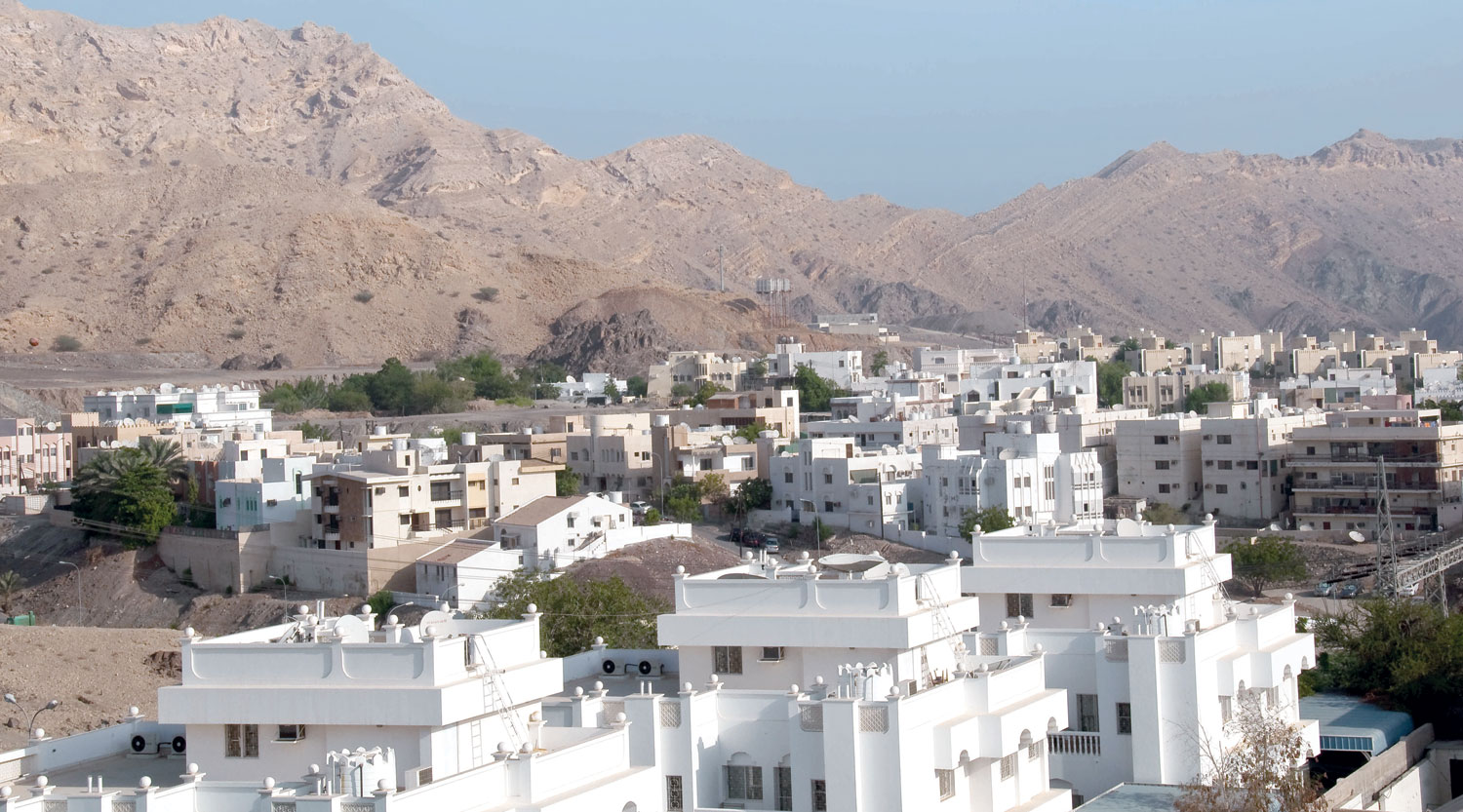

Irrespective of the cultural differences, people are nostalgic about the places and friends from their growing days.
There is always this urge to return to the place of one’s growing years after years of forced migration due to work and study.
As is the case with most developing countries, Muscat, one of the popular tourist destinations in the Middle East, cannot escape from this trend.
According to citizens and property analysts, the shift that started seven years ago has gathered steam in recent years with commercial establishments and banks shifting bases to the northern parts such as Ghala, Bausher, Amerat and even Mabela.
Many traditional residential hubs in Muttrah for families have now become dingy accommodations for low-income expatriate bachelor workers.
Forty-year-old Abdulrahman Saleh, a resident of Hay al Mina neighbourhood in Muttrah, cites several reasons for this trend which started around five to seven years ago.
“Most families here have moved to areas such like Al Amerat because the land there is affordable compared with places such as Ansab or even Al Khoud. Homes are smaller in size and lack facilities for parking, which is a necessity now.
“A decade ago, the relatively less affluent families did not afford cars. But the youth of today are well-off as their salaries have improved as well as their purchasing capacity with easy availability of car or housing loans. That makes sense for people to move to areas where they can build their dream homes.”
The worrying factor is not about families moving up the ladder to bigger homes, but the fact that they are replaced by a different class of residents.
Jamal Ahmed (40), professional chef from Muttrah near the Port, shares a similar concern. “Most families are big, including around 9-12 children and parents under the same roof. As these children finish studies and get married, there is this urge for bigger homes to accommodate new members in the family.”
He added, “Even I am planning to move to a bigger house for personal reasons, but not to Al Amerat.”
Salesh added, “As there is no scope for expansion and improvements to their existing homes, they move to affordable places such as Al Amerat to build houses on purchased land or the ones granted by the government.”
According to Ahmed, this trend may be natural as people will always explore new places either for work or stay. Governments also attempt to develop new residential and commercial hubs with better facilities to decongest the overcrowded old localities with limited amenities.
“The problem we face now is that the traditional family dominated areas are replaced by bachelors, with scant respect for basic civic and hygiene rules. You find more than ten people sharing one flat or a room and you can imagine the sanitary problems.”
He added, “Landowners cannot afford to keep their house vacant and so they may rent it out to bachelors. Even expatriate families would not like to come here as these places lack the modern amenities.”
Thirty-five-year-old Rashid, who stays opposite to the fish market in Muttrah, says rules can be violated when so many bachelors come to stay in one place.
“Ten cars are parked in a place meant for two or three, and not to forget the pressure on utilities such as electricity and water.”
Real estate agents have told the Observer that Al Amerat has become a hotspot for people who wish to move away from Ruwi, Old Muscat, Muttrah and even CBD because housing is affordable.
“With the opening of flyovers, the distance from Sultan Qaboos Street to Al Amerat can be covered in 15-20 minutes. Even expatriates who want to move from CBD can get a new two-bedroom flat for as much as RO 200,” said Siva Kumar, a property executive with a leading real estate company.
The trend is evident from the fact that many hypermarkets, restaurants and fast-food outlets have either come up or are coming up in places such as Amerat, Ghala, Al Khoud and Mabela.
“Many families have been staying in Muscat near Mina roundabout for 40 years and we have been always content with the issues. But as the children get married, they want to move to places that offer modern facilities,” said Dharmesh P, a cloth businessman in Ruwi.
Oman Observer is now on the WhatsApp channel. Click here



